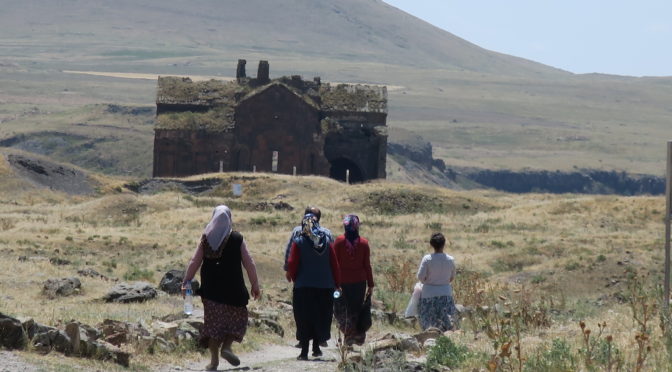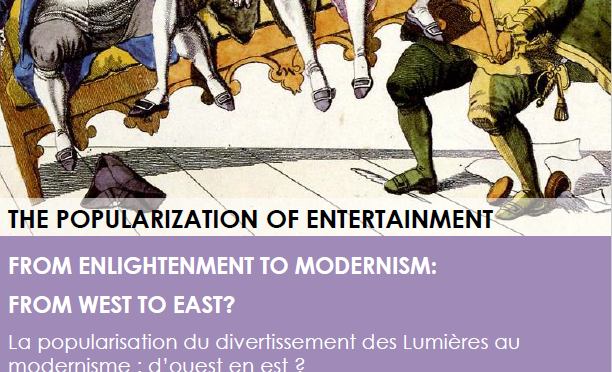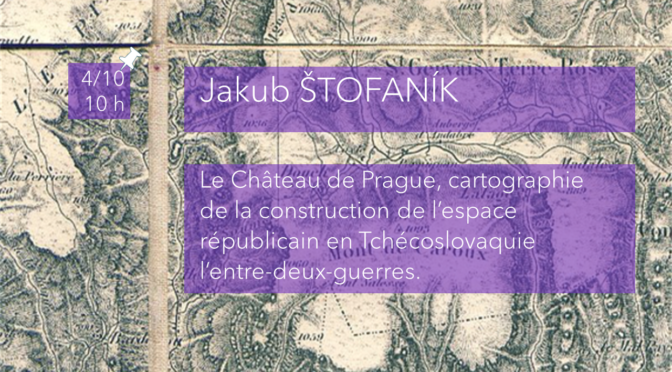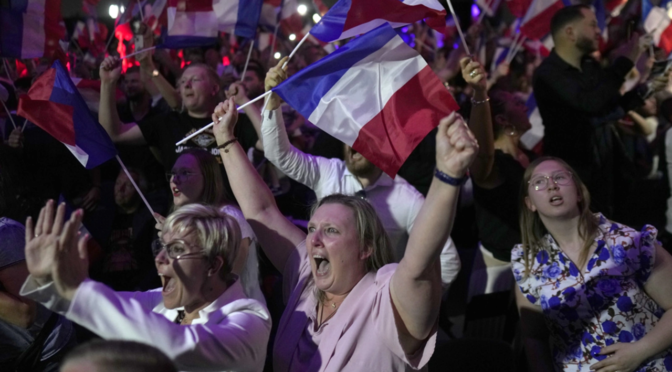An international conference organized by EUR’ORBEM and CEFRES
Where: Maison de la Recherche – 28 rue Serpente, 75006 Paris.
See the program.
See the summaries.
This international conference aims at shedding light on the circulation of “classical” forms of the entertainment culture prevailing since the Renaissance. It encompasses literary and artistic genres (mock epic, parody, satire, epigram, and so forth; cartoons, drawings, and so forth), media (periodicals, satirical prints, leaflets, books, theatre, cabaret, photography, cinema), and modalities (canonized cultures, fortuitous cultures, fashion phenomena and so forth). Often related to antic sources and updated by Western European cultures (Italian, Spanish, English or French), this culture was usually spread in East Central Europe through the German culture, and turned into homegrown cultural patterns. To what extent were these forms copied, readjusted, travestied and mocked?
We would like to assess this passage: does it pertain to reception in line with the Constance school’s reader-response theory, in which, according to Ingarden and Iser, the reader takes part in creating the object (s)he appropriates? Does it relate to cultural transfers which, according to Michel Espagne and Michael Werner, are not only supported by the circulation of cultural items, but also by cultural practices and a network of institutions and sociabilities (schools and universities, reading circles and libraries, associations)? Or should we rather speak in terms of acculturation of dominant cultures’ patterns, in line with postcolonial studies applied to the reappraisal of the trans-European cultural field?
Scholars can be committed to one of these approaches or seek to accommodate them. In any case, they are invited to apprehend the networks and patterns of circulations through which such forms were spread, and to single out the culture they got confronted with: which was it? Was it a “local”, a “popular” culture intended to remain as a “substratum” as it met with these new forms? Did elite cultures seek legitimacy as they claimed a classical, and even more so an antic legacy, may that have been to stand out from the Western canon? How could such forms spring from the reception or integration of disparate sources? Take the case of Sterne-like (or Diderot-like) self-referential narratives that turn the narrator’s irony into a key feature of the text: are they combined with figures, topics, and rhetorical devices stemming from Eastern and Central European canon, folklore and oral culture? What are the paths through which these patterns were spread? (One can think about the so-called “Russian model”, which became quite influent in return in the second half of the 19th century.)
This international conference is designed to be the first step of a research program on “Cultures of Entertainment: Circulation of Patterns and Practices. Another History of Europe from West to East, from the Enlightenment to the World Wars.”
This program aims at assessing the part played by entertainment within European modern cultures. Based on an interdisciplinary approach, the program is based on the exploration of the semantic scope of the French concept of divertissement: a scope comprised between a theological and metaphysical meaning and a more frivolous one. In English though, for lack of a better word, two notions are relevant to better explain the parameters of our inquiry: diversion, as in a worldly standpoint against the Heavens, and entertainment, with its idle connotations and its variety of pleasures. Between these two poles a whole range of synonyms can be embraced (distraction, subversion, leisure, idleness), along with various social strategies, practices and institutions. To what extent do these cultures of divertissement show the other side of European history, and of the great narratives that were made of it?
Our hunch is that such cultures of entertainment have acquainted societies with the transgressing of norms and conventions. Such transgression would have applied to taboo images that were representative of order (as within the institutions of power and control). We believe they initiated social practices, which in turn generated alternative sociabilities. Transgression can oscillate between various figures–irony, mockery, blasphemy–and is a trial for a given society: both a challenge and a touchstone for the contemporaries.
We hope this first conference may give rise to an ambitious research program examining such cultural transfers in its whole European scale. Participants of the conference would be asked to gather within a European research team designed to answer a call for projects (such as ANR or H2020).
Contacts : Xavier Galmiche – Xavier.Galmiche@paris-sorbonne.fr; Clara Royer – clararoyer@cefres.cz.





